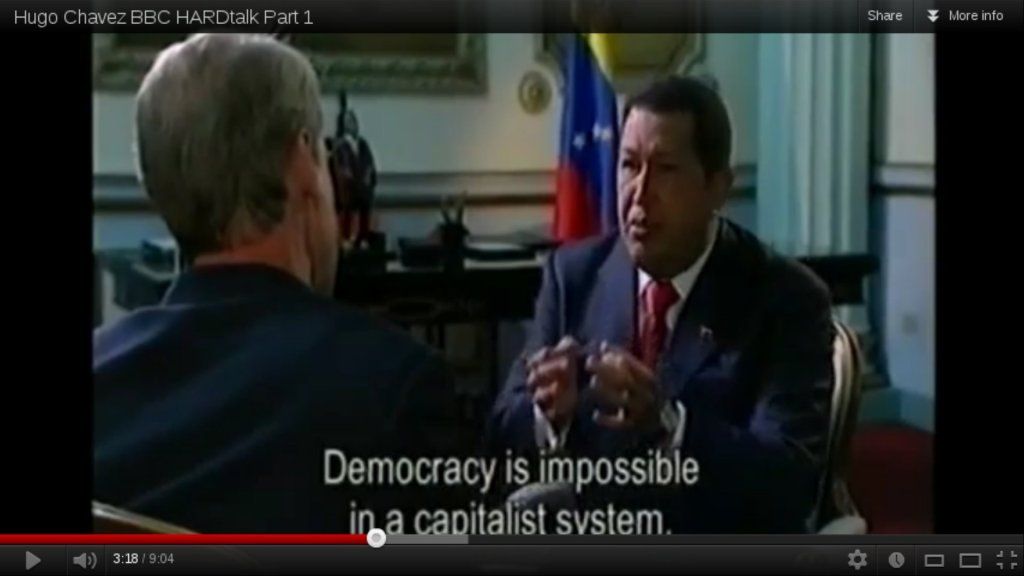"With your belief that the revolutionary history must be re-written with reference to its social aspects, I am in entire agreement, tho' I am not sure I should raise unnecessary issues by calling the movement for self-government secondary to this as the primary movement." 18The relevant footnote explains the source:
18. Turner to Becker, 25 March 1909, Box 7, Carl Becker papers, Carl A. Kroch Library, Cornell University, Ithaca, NY.
From the internet, the Becker papers are under lock and key. Too bad.
Becker is at the root of the progressives' historical revisionism with his 1909 book "History of Political Parties in the Province of New York". Well known revisionist Charles Beard would expand upon the work that Becker already laid down in his book "An Economic Interpretation of the Constitution of the United States".
Becker's professor Frederick Jackson Turner is also an important figure in revisionist history, with his "Frontier Thesis". He sought to revise American history itself with a new explanation. This could easily be the source of the idea of revising for later revisionists, who went further into other places. As we see above, they did discuss it behind the scenes.
In constantly searching and digging for new information, I am finding out that the 60's(and late 50's) are surprisingly a good resource for knowledge about progressivism. As the revolutionaries, SDS, and all the rest were going bonkers there were people who were doing then just like we are doing now: looking and trying to learn from whence all of this came. The book Fabian Freeway that I just got done transcribing was published in the 60's. The book "Bending The Twig", detailing the nature of the subversion of American schools was published in 57. Then there's this book from '66: "The reinterpretation of early American history: essays in honor". The following is highlighted: (page 153)
The basic structure of the new interpretation was first worked out in detail in two studies of politics in the middle colonies in the years immediately preceding the Declaration of Independence: C. H. Lincoln, The Revolutionary Movement in Pennsylvania (1901), and Carl Becker, History of Political Parties in the Province of New York, 1760-1776 (1909). Lincoln and Becker found that politics in both Pennsylvania and New York was conditioned by deep-seated internal conflicts between rival social groups. In Pennsylvania there were "two opposing forces, one radical," composed of Scotch-Irish Presbyterians and Germans in the west and non-Quaker lower and middle-class Philadelphians in the east, and the other "conservative," consisting of the Quaker mercantile oligarchy in the east
In reading through parts of Charles Lincoln's book, it becomes fairly evident that the author certainly gets it right about the structure of the book. On page 98 is this:
From our review of conditions in Pennsylvania we should expect to see the two opposing forces, one radical the other conservative, coming gradually into conflict. Into this opposition each party had been forced by the logic of events, for each sought its own advantage and the opposing forces had few common interests.
So using marxist or quasi-marxist ideology, Lincoln turns the people of the founding era into the first modern American soap opera of class conflict. Talk about classes and antagonisms is right out of the manifesto. From page 77:
Coincident with the growth of the discontent throughout the Susquehanna Valley there was developing in the city of Philadelphia a spirit of hostility to Quaker domination, only less important than the Scotch-Irish antagonism. Although there was not the feeling of self-reliance among the discontented inhabitants of the city, which was found in the frontier communities, there were bitter rivalries in Philadelphia accompanied by an extreme jealousy of the ruling aristocracy. It may fairly be doubted whether this opposition of the middle and lower classes to Quaker control would, of itself, have been able to make headway against the legal barriers which the sagacity of the early colonial leaders had erected ; but, like the German element throughout the west, the Philadelphia populace became a valuable ally of the interior counties in their struggle against the dominant conservatism of the province.
A great deal of the information that we are learning now through a myriad of authors, scholars, and researchers has already been learned. But in the 60's, the media was almost entirely dominated by university-trained journalists, all steeped in the Lippmann school of journalism. So all of this information in books like these which show us where to look, who, what, and so forth; was allowed to be lost. Now we need to re-learn it.
http://tinyurl.com/c7p9hef
